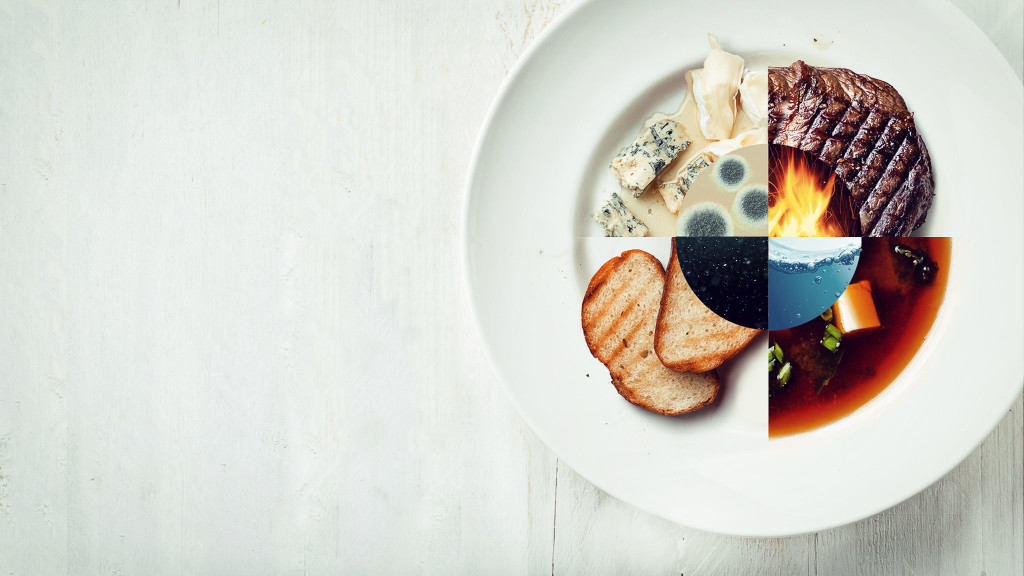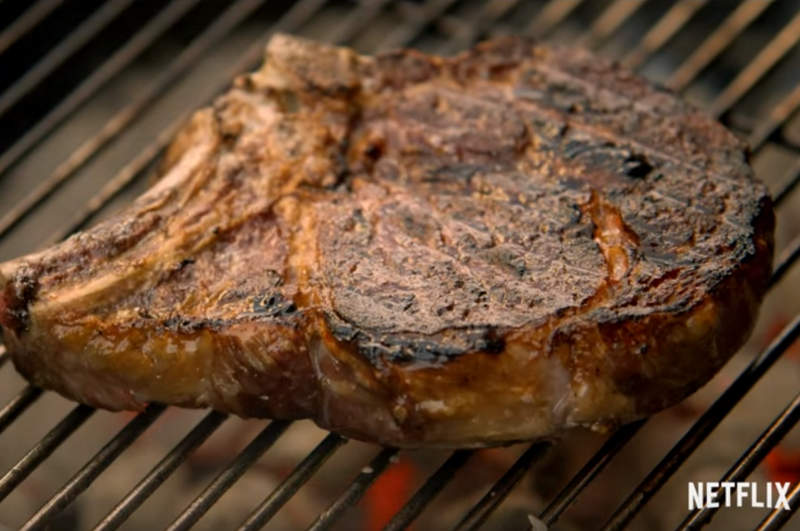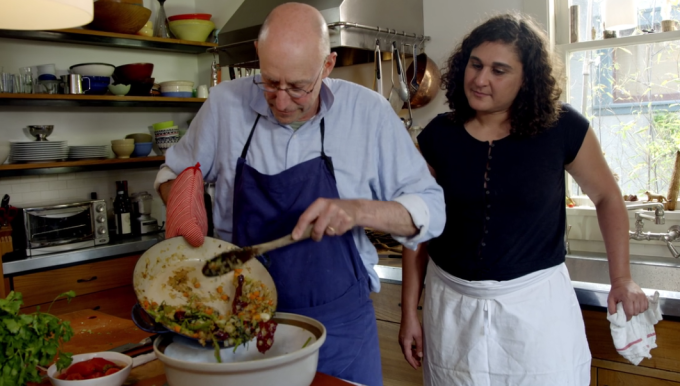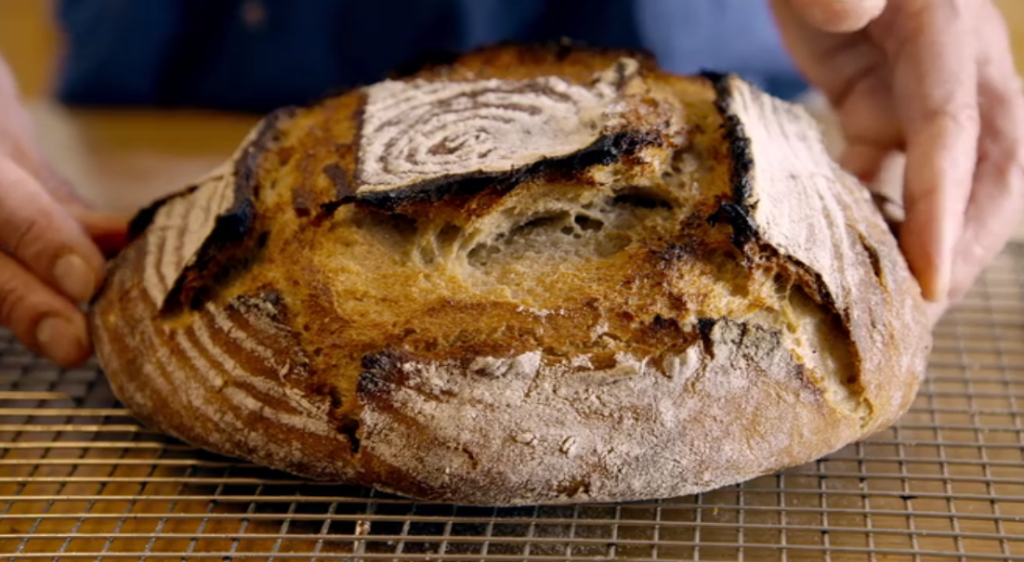Netflix is home to many many great food shows and documentaries. From a personal favorite, Fed Up, which exposes the harmful connection between sugar and poor health, to Chopped, and everything in between, there’s always something to binge watch. However, if there’s one Netflix series that everyone, and I mean everyone, who eats food (so, literally everyone) needs to watch immediately, it’s Cooked.
Based on acclaimed food writer Michael Pollan’s 2014 book of the same name, Cooked explores how cooking food transforms and shapes our world. The series is broken up into four episodes dedicated to the four major modes of cooking: fire (pretty self-explanatory), water (pot cooking), air (bread), and earth (fermentation). Each episode looks closely at how these methods of cooking were discovered, how they have evolved over time, and how they continue to play a huge role in modern diet and culture around the world.

Photo courtesy of netflix.com
In keeping with the rest of Pollan’s works, Cooked focuses on real food, showing how the processed food industry is jeopardizing not only our health, but also our culture of eating. The show emphasizes wholesome cooking as the key to proper nourishment.
Super educational and hella full of food porn, Cooked is a 100% must-see for everyone who cares about where food comes from and what it does to our bodies. Even if you don’t think about that kind of stuff now, I guarantee you will after you see it. Not convinced you should watch it yet? Here’s a quick look at what the series covers to help wet your appetite.
Fire

Photo courtesy of stgist.com
The first installment of Cooked looks at the most primal way of cooking: a piece of meat over an open fire. Pollan looks at everyone from the earliest humans, to the Aboriginals of Western Australia, to a BBQ pit master in North Carolina in search of the purest form of cooking with fire. This episode also delves a bit into the importance of the ethical treatment and respect of animals that is largely missing from the modern consumer’s diet. In just one hour, you’ll be thinking twice about eating your next cheeseburger. Guaranteed.
Water

Photo courtesy of civileats.com
Part two of this series looks at cooking with water, aka cooking in a pot. In this hour of Cooked, Pollan shows how convenience foods first made their presence in the American diet and have almost entirely replaced slow-cooked meals like hearty soups and stews in much of the industrialized world. The exception to this rule? The fast-paced city of Mumbai, whose busy working residents rely on traditional meals cooked in the homes of real Indian women and are delivered to their offices.
Air

Photo courtesy of civileats.com
Carb lovers rejoice. Apparently, bread isn’t quite as bad for you as we’ve been taught to think. That is, of course, if it’s made the right way. This episode of Cooked looks at the miracle that is bread; how its ingredients (flour, water, and a little bit of salt) which cannot sustain life on their own can transform into something that can keep entire populations alive when combined and baked. Fun fact: this delicious stuff has caused wars and, as it turns out, plays a major role in the global economy.
Earth

Photo courtesy of youtube.com
The fourth and final installment of Cooked is all about fermentation. Think that fermentation is all kombucha and kimchi? Think again. Turns out, just about a third of all foods we eat have been fermented at one point or another.
Without fermentation, we would be living in a cheese-less and chocolate-less world. That’s not a world I’d want to live in. On the theme of bacteria, the episode explores some of the importance of microbes in human health. This episode is worth watching just for a glimpse of the Nun who uses her degree in Microbiology to make fine French cheese.
So when you need a little study break, head over to Netflix and watch Cooked. Whether you watch one of these episodes or all four, you’re guaranteed to know more about food than you did before. Remind yourself that eating is about more than feeding your hunger. It’s what makes us human.




